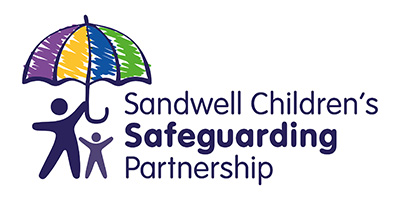Female Genital Mutilation (FGM)
Female genital mutilation (FGM) is a procedure where the female genitals are deliberately cut, injured or changed, but there’s no medical reason for this to be done. It’s also known as female circumcision or cutting. This is considered as a form of physical abuse.
- FGM is usually carried out on young girls between infancy and the age of 15, most commonly before puberty starts.
- It’s illegal in the UK and is child abuse.
- It’s very painful and can seriously harm the health of women and girls.
- It can also cause long-term problems with sex, childbirth and mental health.
FGM Lesson Pack
The lesson plan in the below pack has been developed to raise awareness of the practice of Female Genital Mutilation to female and male pupils aged Key Stage 2 and Key Stage 3 within a primary or secondary school setting. It is also important to help parents become aware of FGM, the worldwide FGM issue and to familiarise them with the FGM lesson for their child prior to the imminent lesson in the classroom. The pre-lesson parent session helps parents to understand the need for the lesson and provide an opportunity for them to discuss issues linked to FGM and support their child following the lesson. The lesson plan uses four specific articles (written in pupil-friendly language) from the United Nations Convention on the Rights of the Child as the basis for safeguarding with both pupils and parents and helps create a culture around FGM of safeguarding, vigilance and relevance. These are:
- Article 3 – All adults should do what is best for you. When adults make decisions,they should think about how their decisions will affect children.
- Article 12 – You have the right to give your opinion, and for adults to listen and take it seriously.
- Article 19 – You have the right to be protected from being hurt and mistreated, in body or mind.
- Article 36 – You have the right to protection from any kind of exploitation (being taken advantage of)
Useful Information
- FGM leaflet
- FGM Presentation
- FGM Lesson Plan
- FGM Letter to Schools
- Multi-agency statutory guidance on female genital mutilation
